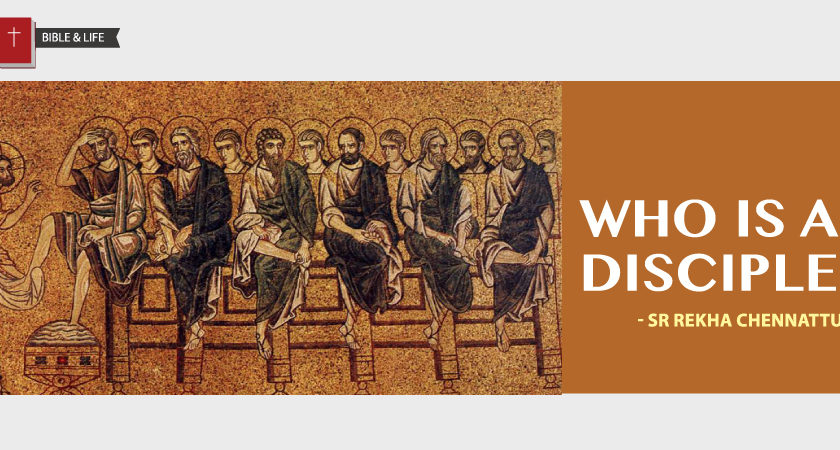The Gospel of Luke presents Jesus as the one anointed by God to preach the good news to the poor (4:18). The evangelist brings together verses from the Septuagint version of Isaiah 61:1 and 58:6 in Jesus’ preaching in Nazareth (4:16-20). In these few verses we find the following themes: the anointing of the Spirit, the description of the work of God’s anointed prophet, and the presentation of Jesus’s mission as bringing good news to the poor and fulfilling the Scriptures.
Gospel Teachings:
The Greek word used in Luke 4:18 to refer to the poor is ptochos, which means not just the poor but rather the economically destitute—the ones who are desperately in want. The Hebrew term for the poor anawim has a broader connotation. The anawim refers not just to the economically destitute, but also to the socially marginalized groups, such as widows, orphans, refugees, the mentally ill, the physically challenged, the outcast, and the sick—all those who are victims of one or another form of oppression or exclusion. Later in the history of Israel, the word anawim acquired a religious meaning referring to the ones who have placed their total trust in God (Psalm 86). As Jesus spoke in Aramaic (not in Greek), all these nuances of anawim would have been perceived and implied by Jesus when he announces his mission as bringing good news to the poor. Later, Jesus announces God’s blessing on the poor (Luke 6:20).
Earlier in Luke’s gospel, Mary’s Magnificat praises the Lord for lifting up the lowly and sending the rich away empty (Luke 1:52-53). The spiritual poverty, fear of God or non-attachment to material things, power and positions, is good and a necessary disposition for salvation. But the oppressive and dehumanizing poverty is an evil which needs to be completely eradicated from the face of the earth. Jesus understood his mission as bringing good news to the poor. He identified himself with them and remained totally committed to changing the plight and destiny of the poor.
Jesus as presented by Luke has compassion on the poor, women, Samaritans, sinners, tax collectors and outcasts of all sorts. Jesus eats with the sinners (5:30), his teaching focuses on the dangers of wealth and the need for social justice (16:13; 18:24), he defends the woman who weeps at his feet (7:36-50) and praises the Samaritan leper who returns to give thanks (17:11-19). Inclusive meals and table fellowship with tax collectors and sinners were so characteristic of Jesus’ mission in the synoptic traditions (Mark 2:15-16; Matthew 11:19; Luke 7:34). Like the OT prophets, Jesus was committed to bringing Israel back to God and was in search of the lost sheep of Israel—sinners and those who lived on the margins of the Jewish community (Luke 4: 16-21; 15:6; Matthew 10:6).
Today’s Challenges:
As disciples of Jesus and consecrated persons, we are called to participate in Jesus’s mission of bringing good news to the poor. Jesus came announcing deliverance, God’s promise of liberation for all the poor and marginalized regardless of nationality, gender, or race. The poor addressed by Jesus would include all—the economically poor, the socially excluded, the politically oppressed, the culturally marginalized, the sexually exploited, the mentally harassed, the humanly abandoned, and the religiously persecuted. Jesus was the good news, and we too must become the good news that we want to proclaim, not so much by more words as rather by our life. Jesus presented God’s love to people in the way he lived, that is, in feeding the hungry, comforting the humiliated, celebrating the dignity of women, healing the sick, and giving hope to the hopeless, sight to the blind, freedom to the captives and sinners, justice to the poor, and life to the dead.
Jesus’ radical poverty, unconditional love and the profound openness to the will of God has to become a source of inspiration for our daily life. We are called to make our own Jesus’ identification with the poor, his blazing anger at injustice, human rights violations and discrimination against women, his radical inclusive approach, and his passion for God’s reign. We are called to say YES to God, to self, and to God’s people—always in favour of God’s choices of the less privileged ones in the church and society, making God’s reign or God’s intervention into human history more and more visible.
In the challenging words of Pope Francis, “If we want to help change history and promote real development, we need to hear the cry of the poor and commit ourselves to ending their marginalization.”

To subscribe to the magazine Contact Us
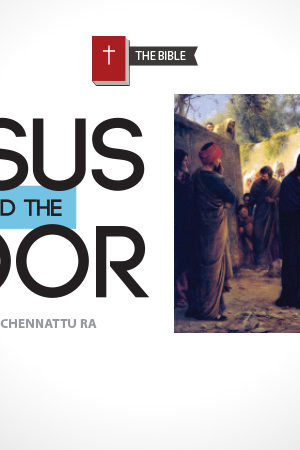





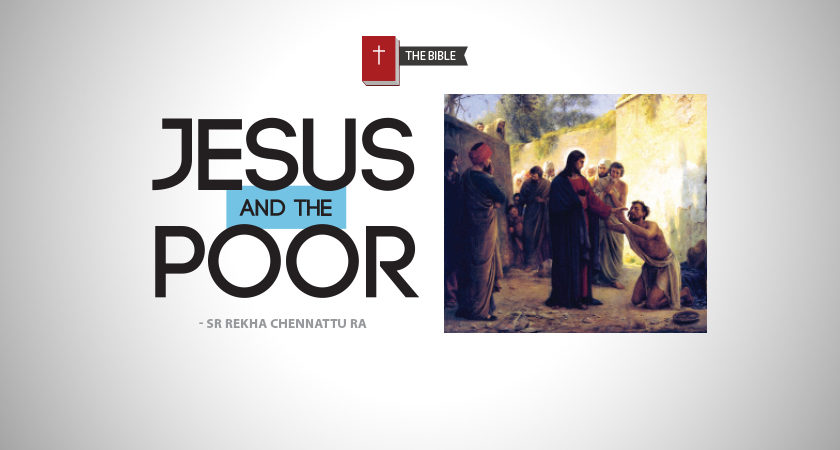




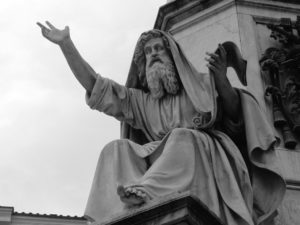


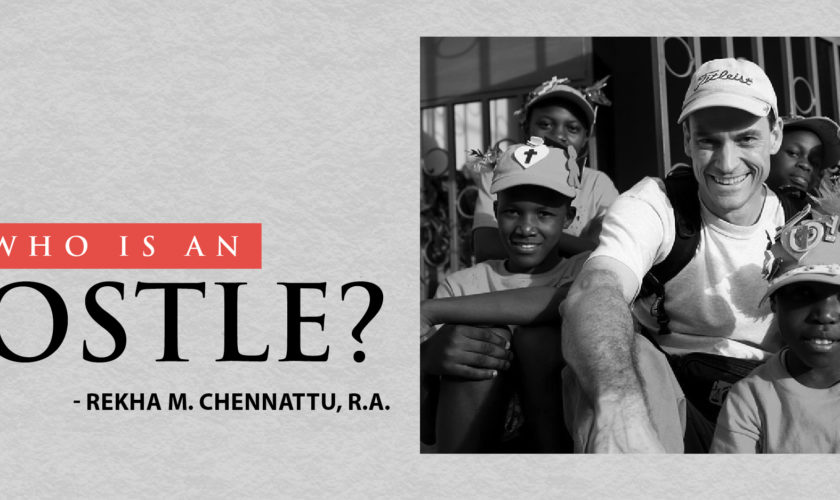
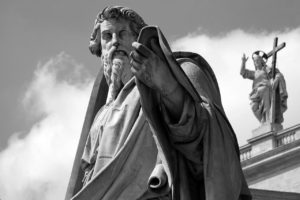 The Synoptic Gospels – Matthew, Mark and Luke – focused on the use of the term apostles for the Twelve or the disciples who accompanied Jesus during his earthly ministry and witnessed the resurrection. Luke, who employed the term more frequently than the other evangelists, also used the term apostle to denote someone fully authorized to represent the person on whose behalf the envoy comes or to be a witness to the claim of the one who sends. The same meaning is implied in the sending of the disciples by Jesus and the delegation of Barnabas and Paul by the Church of Antioch.
The Synoptic Gospels – Matthew, Mark and Luke – focused on the use of the term apostles for the Twelve or the disciples who accompanied Jesus during his earthly ministry and witnessed the resurrection. Luke, who employed the term more frequently than the other evangelists, also used the term apostle to denote someone fully authorized to represent the person on whose behalf the envoy comes or to be a witness to the claim of the one who sends. The same meaning is implied in the sending of the disciples by Jesus and the delegation of Barnabas and Paul by the Church of Antioch.
